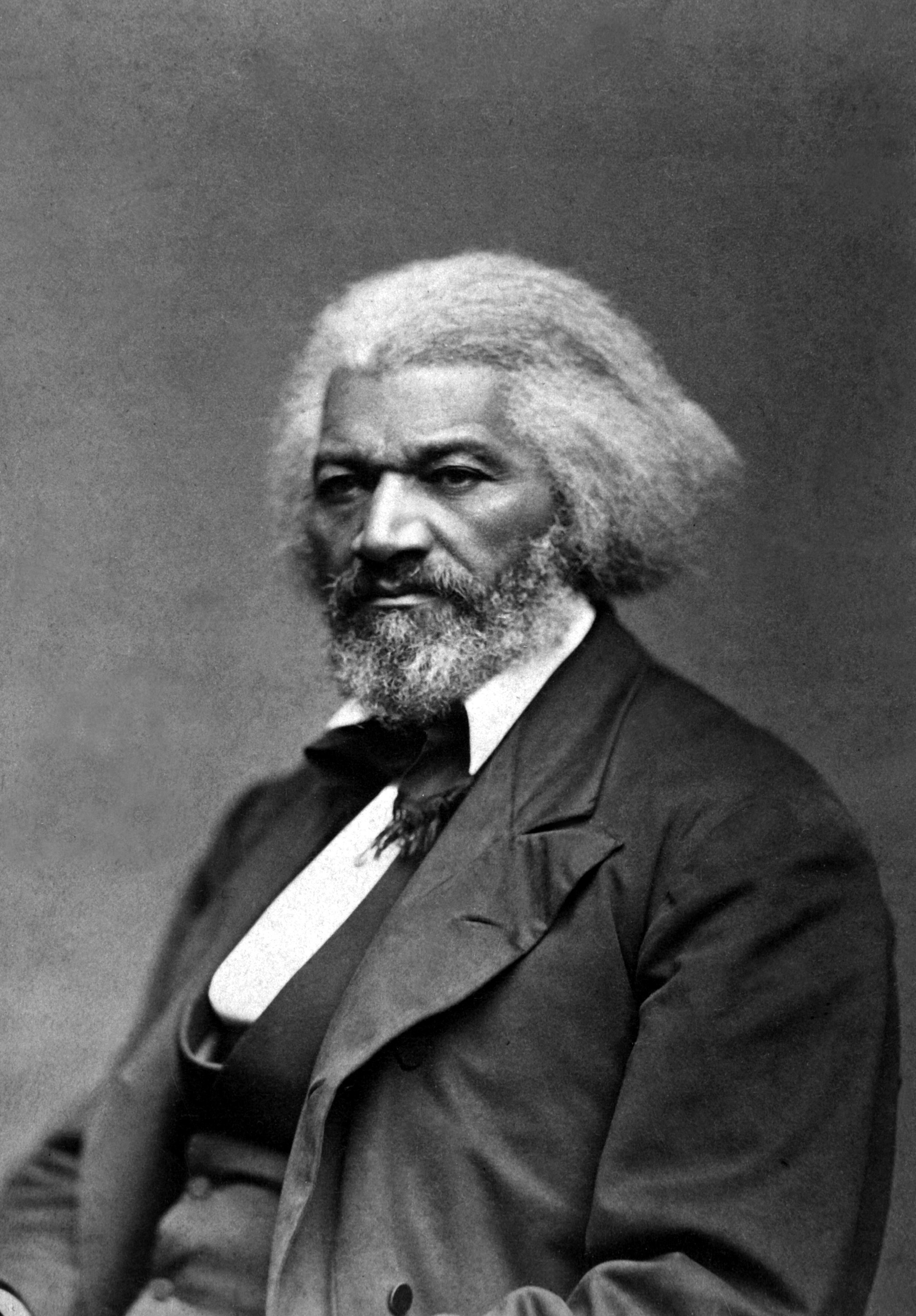Frederick Douglass najznámejšie citáty
Frederick Douglass: Citáty v angličtine
Zdroj: 1840s, Narrative of the Life of Frederick Douglass, An American Slave (1845), Ch. 10
1870s, The Unknown Loyal Dead (1871)
1860s, Our Composite Nationality (1869)
1870s, The Unknown Loyal Dead (1871)
Speech http://teachingamericanhistory.org/library/document/the-nations-problem/
1880s, Letter to Bowditch (1889)
Speech at the Civil Rights Mass-Meeting Held at Lincoln Hall (22 October 1883), as quoted in The Life and Times of Frederick Douglass https://archive.org/stream/lifetimesoffrede1881doug/lifetimesoffrede1881doug_djvu.txt (1881).
1880s, Speech at the Civil Rights Mass Meeting (1883)
Speech in Baltimore http://teachingamericanhistory.org/library/document/the-nations-problem/ (7 September)
Zdroj: 1880s, Life and Times of Frederick Douglass (1881), p. 434.
1860s, Our Composite Nationality (1869)
1880s, The Future of the Colored Race (1886)
About Abraham Lincoln https://web.archive.org/web/20150302203311/http://www.lib.rochester.edu/index.cfm?PAGE=4071#_ftnref57.
1870s, Oratory in Memory of Abraham Lincoln (1876)
1890s, Speech at the Abolitionist Reunion in Boston (1890)
Zdroj: 1840s, Narrative of the Life of Frederick Douglass, An American Slave (1845), Ch. 10
As quoted in The Cambridge Companion to Frederick Douglass (2009), by Maurice S. Lee, Cambridge University Press, p. 70
1860s, What the Black Man Wants (1865)
1870s, Oratory in Memory of Abraham Lincoln (1876)
1850s, What to the Slave is the Fourth of July? (1852)
“You have seen how a man was made a slave; you shall see how a slave was made a man.”
Zdroj: 1840s, Narrative of the Life of Frederick Douglass, An American Slave (1845), Ch. 10
Letter to Mary Todd Lincoln (17 August 1865).
1860s
The Anti-Slavery Movement. Extracts from a Lecture before Various. Anti-Slavery Bodies, in the Winter of 1855.
1850s, My Bondage and My Freedom (1855)
Zdroj: 1880s, Life and Times of Frederick Douglass (1881), pp. 434–435.
1860s, What the Black Man Wants (1865)
1860s, Our Composite Nationality (1869)
1880s, The Future of the Colored Race (1886)
“Every tone was a testimony against slavery, and a prayer to God for deliverance from chains.”
Zdroj: 1840s, Narrative of the Life of Frederick Douglass, An American Slave (1845), Ch. 2
1850s, What to the Slave is the Fourth of July? (1852)
About Abraham Lincoln (1864), as quoted in Reconstruction: America's Unfinished Revolution, 1863-1877 https://books.google.com/books?id=cwVkgrvctCcC&printsec=frontcover&dq=%22Eric+Foner%22+%22Republicans%22&hl=en&sa=X&ved=0ahUKEwiOwdup3aLLAhVK7SYKHZufDmUQ6AEIRjAH#v=onepage&q&f=false, by Eric Foner, p. 6
1860s
The Nature of Slavery. Extract from a Lecture on Slavery, at Rochester, December 1, 1850
1850s, My Bondage and My Freedom (1855)
